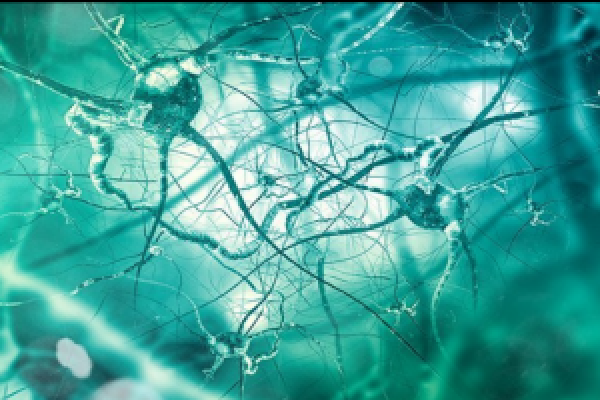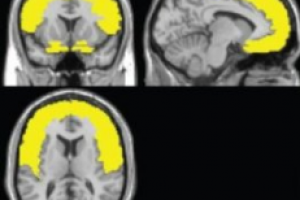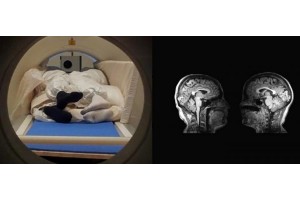Alzheimer's Could Actually Start Elsewhere in The Body And Not The Brain, Says Study
Alzheimer's disease is usually described as a degenerative neurological condition, one that is commonly associated with memory loss and confusion.
Alzheimer's disease is usually described as a degenerative neurological condition, one that is commonly associated with memory loss and confusion.
There's a growing pile of research indicating that dementia might just be the traumatic culmination of numerous factors outside of the central nervous system, which could provide better targets for early diagnosis and even prevention.
Now an international team from Canada and China has identified a series of breakdowns throughout the body that appear to induce the nerve damage responsible for Alzheimer's symptoms.
"Alzheimer's disease is clearly a disease of the brain, but we need to pay attention to the whole body to understand where it comes from, and how to stop it," says researcher Weihong Song from the University of British Columbia.
Alzheimer's disease develops as neurons in key areas of the outer parts of the brain die. This loss of function is linked with a build-up of a protein called beta-amyloid and the deformation of another protein called tau.
A great deal of progress has been made in recent years on the structures of these chemicals and ways we might be able to treat amyloid plaques and tangled tau.
Nonetheless, researchers still aren't fully clear on how the whole process starts in the first place. Hints have been found in common genes and behaviours such as poor sleep, but connecting the dots still proves elusive.
In this latest study, researchers wondered if the accumulations of beta-amyloid found in the neurons of those with Alzheimer's could come from somewhere outside the brain altogether.
Beta-amyloid proteins are produced when a precursor protein found in the membranes of many different tissues is clipped in two, so technically can be produced anywhere in the body.
More importantly, they can cross the near-impenetrable wall of cells separating blood vessels from the brain's precious grey matter.
"The blood-brain barrier weakens as we age," says Song.
"That might allow more amyloid beta to infiltrate the brain, supplementing what is produced by the brain itself and accelerating the deterioration."
To test if beta amyloid proteins produced elsewhere in the body can not only cross the barrier but establish the pathology responsible for Alzheimer's, the researchers carried out a procedure called parabiosis on pairs of mice.
One member of each couple was genetically modified to carry a mutated human gene for producing high levels of beta amyloid.
They were then surgically connected to their partner, who didn't carry the gene and therefore shouldn't develop Alzheimer's on their own.
Sure enough, a year later the 'normal' mice developed an Alzheimer's-like condition, complete with plaques of beta-amyloid and tangled deformities of the tau proteins in their neurons.
This is the first time research has shown definitively that Alzheimer's disease could ultimately start outside the brain.
Previous studies have suggested that bacteria and viruses could play a role of some kind, with researchers urging a fresh look at the disease's development.
No doubt, the process is a complex one that could have multiple causes, from genes to microbes to toxins to our own behaviours.
Finding where they overlap could be vital if we're to discover ways to treat, and ultimately prevent a condition that affects over 24 million individuals – a number that's set to rise as global populations continue to age.
Further studies will be needed to look into this newly found link, but it suggests that in the future doctors could look for rising concentrations of beta-amyloid in regular blood tests and treating the problem before they cross into the brain.
This research was published in Molecular Psychiatry.





Related Posts